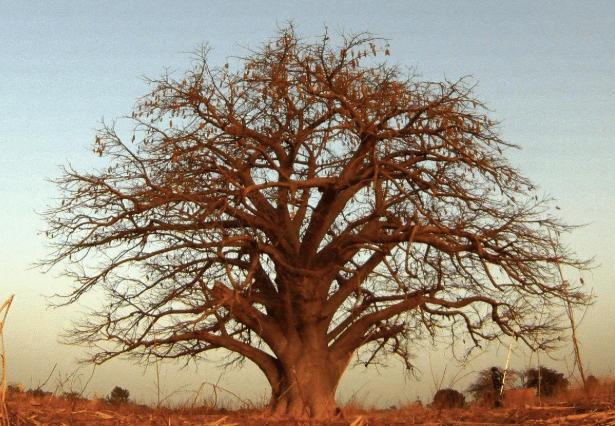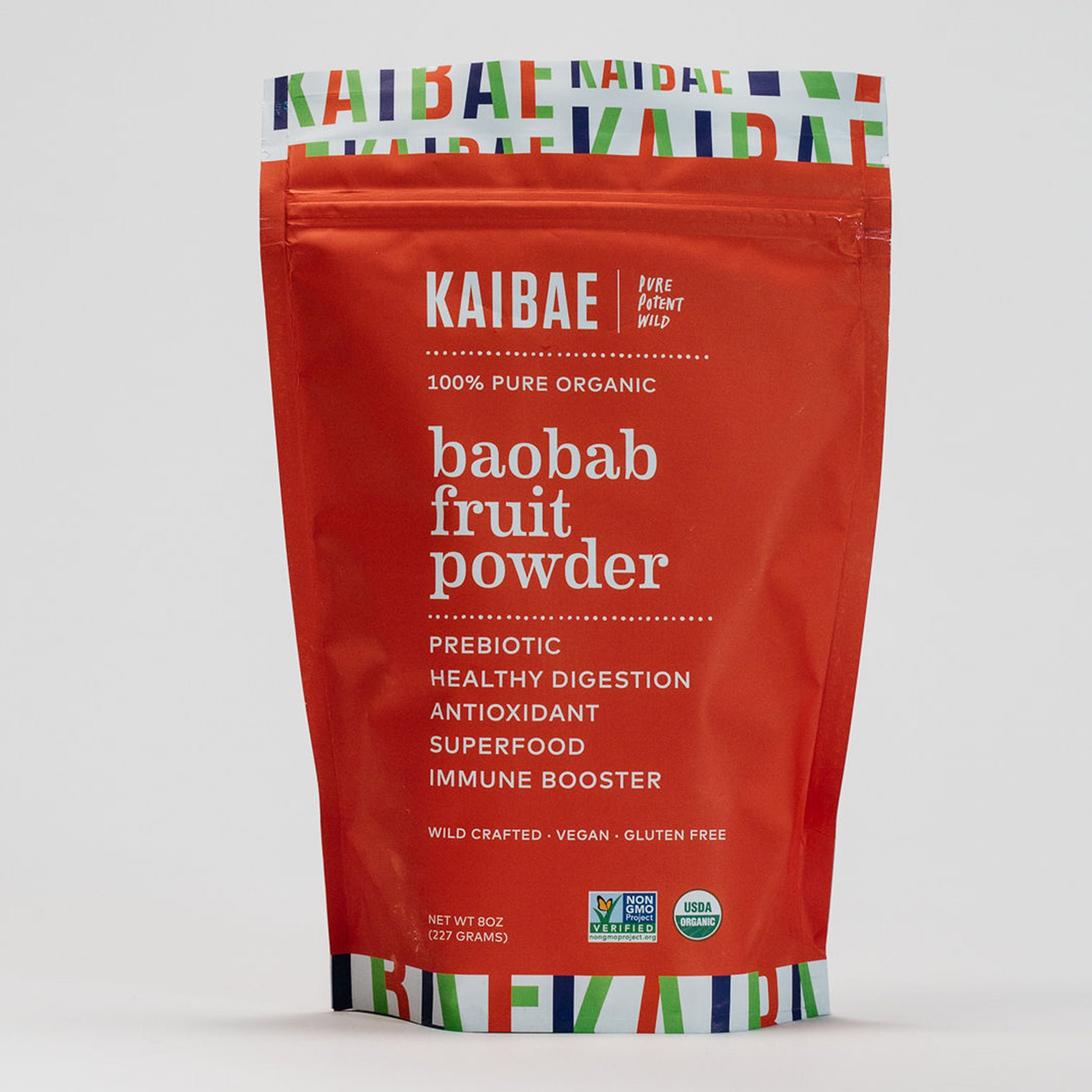The Baobab: A Symbol of Nature’s Resiliency

As with many types of tree and plant species that grow in ecologically fragile environments, the baobab continues to be threatened by climate and land-use changes. Kaibae recognizes this and is working with communities across Africa to develop locally-driven solutions to help strengthen the health and vitality of these important plant populations. Experience and research has shown that integrated community-based approaches are the key to long-term, sustainable development and growth of baobab trees. Based on this understanding Kaibae is committed to the social, economic, and health benefits of the Baobab fruit, with keen awareness that improvements in these areas depend on our improved treatment of the environment. It is our mission to create strong relationships with local communities that live among the baobabs, developing lasting partnerships and supply chains that both generate sustainable livelihoods and promote stewardship of these incredible trees.
While the need to help protect these trees remains constant, recent articles have falsely put forth the idea that the Baobab as a species are dying out. Responding to these claims Baobab ecologist Dr. Sarah Venter writes, “Whilst I am saddened by the death of 4 large and old baobabs in Southern Africa, current evidence does not indicate that this is affecting the entire population. Ongoing research shows that the Baobab populations in Southern Africa are healthy and stable.” She expresses concern that misleading news stories, like the ones published this week, may negatively impact the rural communities who depend on the Baobab for their livelihoods. Besides Southern Africa, research from across the African continent suggests that despite increased climatic uncertainty a positive correlation exists between healthy baobab plant populations and the sustainable management and conservation of existing baobab trees. Along with Dr. Venter, Kaibae is a founding member of the Africa Baobab Alliance. As part of our collective goal of conserving and revaluing the Baobab, we feel a responsibility to share the research from ecologists immersed in this area.
For further reading the Africa Baobab Alliance’s formal response is below. Thank you for your continued support of the incredible Baobab Tree!
Team Kaibae, Dr. Luc & Barbara Maes and Thomas Cole
















